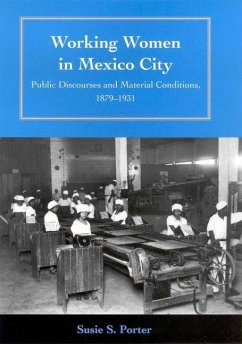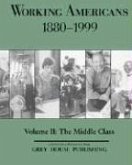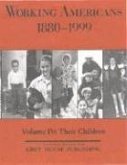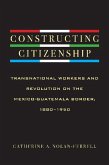The years from the Porfiriato to the postrevolutionary regimes were a time of rising industrialism in Mexico that dramatically affected the lives of workers. Much of what we know about their experience is based on the histories of male workers; now Susie Porter takes a new look at industrialization in Mexico that focuses on women wage earners across the workforce, from factory workers to street vendors. Working Women in Mexico City offers a new look at this transitional era to reveal that industrialization, in some ways more than revolution, brought about changes in the daily lives of Mexican women. Industrialization brought women into new jobs, prompting new public discussion of the moral implications of their work. Drawing on a wealth of material, from petitions of working women to government factory inspection reports, Porter shows how a shifting cultural understanding of working women informed labor relations, social legislation, government institutions, and ultimately the construction of female citizenship. At the beginning of this period, women worked primarily in the female-dominated cigarette and clothing factories, which were thought of as conducive to protecting feminine morality, but by 1930 they worked in a wide variety of industries. Yet material conditions transformed more rapidly than cultural understandings of working women, and although the nation's political climate changed, much about women's experiences as industrial workers and street vendors remained the same. As Porter shows, by the close of this period women's responsibilities and rights of citizenship--such as the right to work, organize, and participate in public debate--were contingent upon class-informednotions of female sexual morality and domesticity. Although much scholarship has treated Mexican women's history, little has focused on this critical phase of industrialization and even less on the circumstances of the tortilleras or market women. By tracing the ways in which m
Hinweis: Dieser Artikel kann nur an eine deutsche Lieferadresse ausgeliefert werden.
Hinweis: Dieser Artikel kann nur an eine deutsche Lieferadresse ausgeliefert werden.








